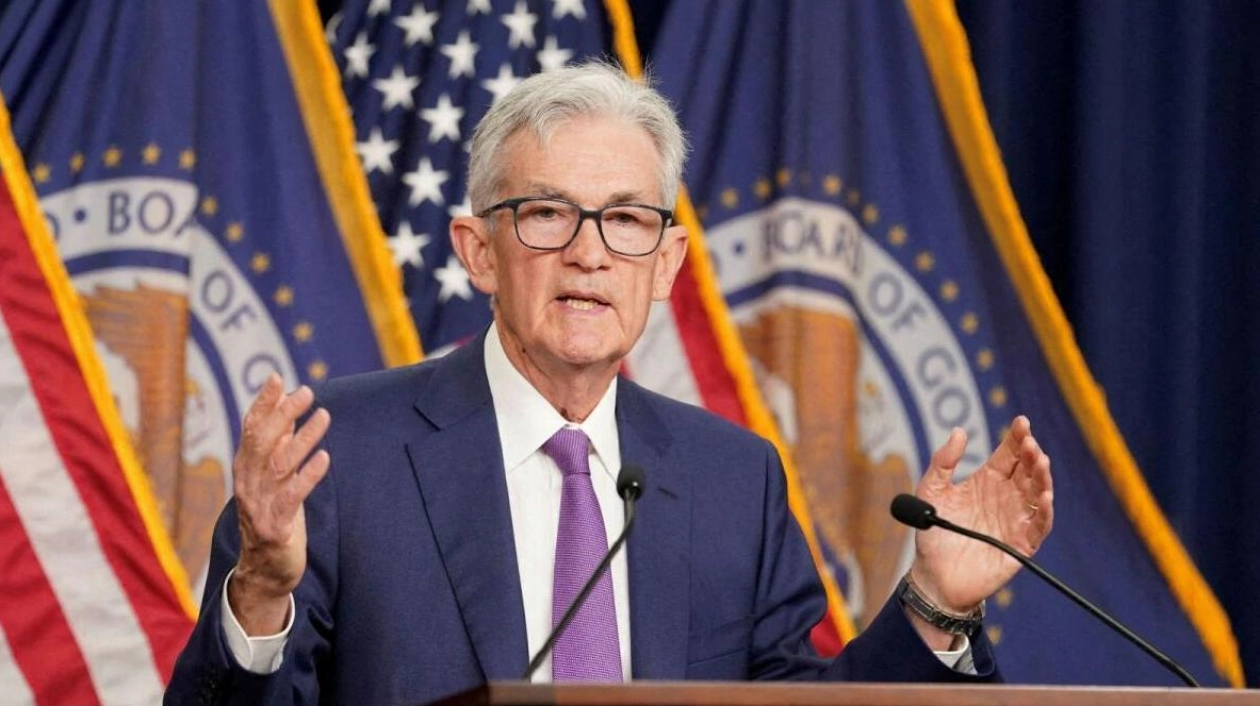The US Federal Reserve is expected to maintain current interest rates this week, possibly reducing the anticipated cuts for the year as it evaluates a diverse range of economic indicators. The struggle against inflation and a strong labor market have led many experts to forecast that the Federal Open Market Committee (FOMC) will not reduce rates from their current 23-year peak until at least September. A potential September reduction could widen the gap between the Fed and the European Central Bank (ECB), which initiated rate cuts last week. Economists at Wells Fargo noted that the risk of price acceleration due to robust economic activity has lessened, yet they anticipate the FOMC will keep the federal funds rate range steady at 5.25% to 5.50% following its June 12 policy meeting. After two days of discussions, the Fed will announce its rate decision on Wednesday and update its economic projections from March. Most analysts predict that the FOMC will reduce the expected number of cuts from three to two this year. Bank of America economists suggest the Fed will revise its outlook to slower growth and firmer inflation, projecting two rate cuts starting in September. Fed Chair Jerome Powell has consistently emphasized that the Fed's decisions are based on data, not political influences. However, starting cuts in September could embroil the Fed in the heated presidential campaign between President Joe Biden and his Republican challenger, Donald Trump, who has questioned the central bank's independence. Market futures indicate minimal likelihood of a rate cut before September, with expectations for a September cut significantly reduced. This contrasts with late last year's market expectations of up to six cuts in 2024, starting as early as March. Economists at Barclays believe the FOMC will prioritize the risk of sustained high inflation over employment risks, keeping rates steady until there is clear evidence that inflation is moving towards the 2% target. They predict only one rate cut this year, likely in December. With rates expected to remain unchanged, analysts will focus on Chair Powell's post-decision press conference for clues about potential rate cuts. Oxford Economics' chief US economist, Ryan Sweet, expects Powell to reiterate the Fed's flexible policy stance, unlikely to significantly alter expectations for a September cut.

Text: Lara Palmer
11.06.2024
Economic Data and Inflation Concerns Influence Federal Reserve's Policy Decisions





